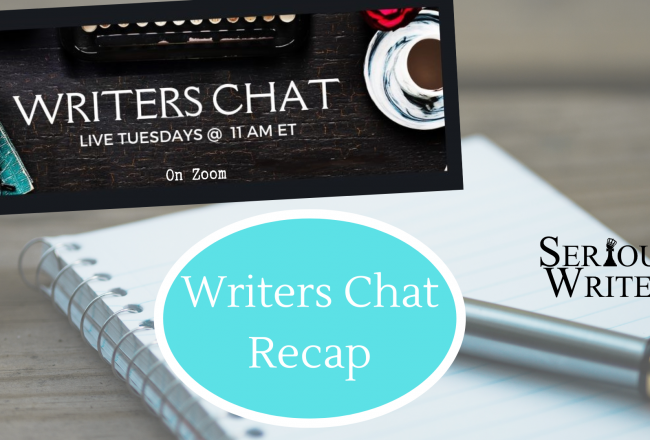
And I Danced . . .
I recently had the opportunity to serve at the Operation Christmas Child Shoebox Processing Center at Samaritan’s Purse Headquarters…
January 18, 2016
I recently had the opportunity to serve at the Operation Christmas Child Shoebox Processing Center at Samaritan’s Purse Headquarters…
January 18, 2016
I am not a horse person. I freely admit almost complete ignorance in regard to horses and horse-related things.…
January 17, 2016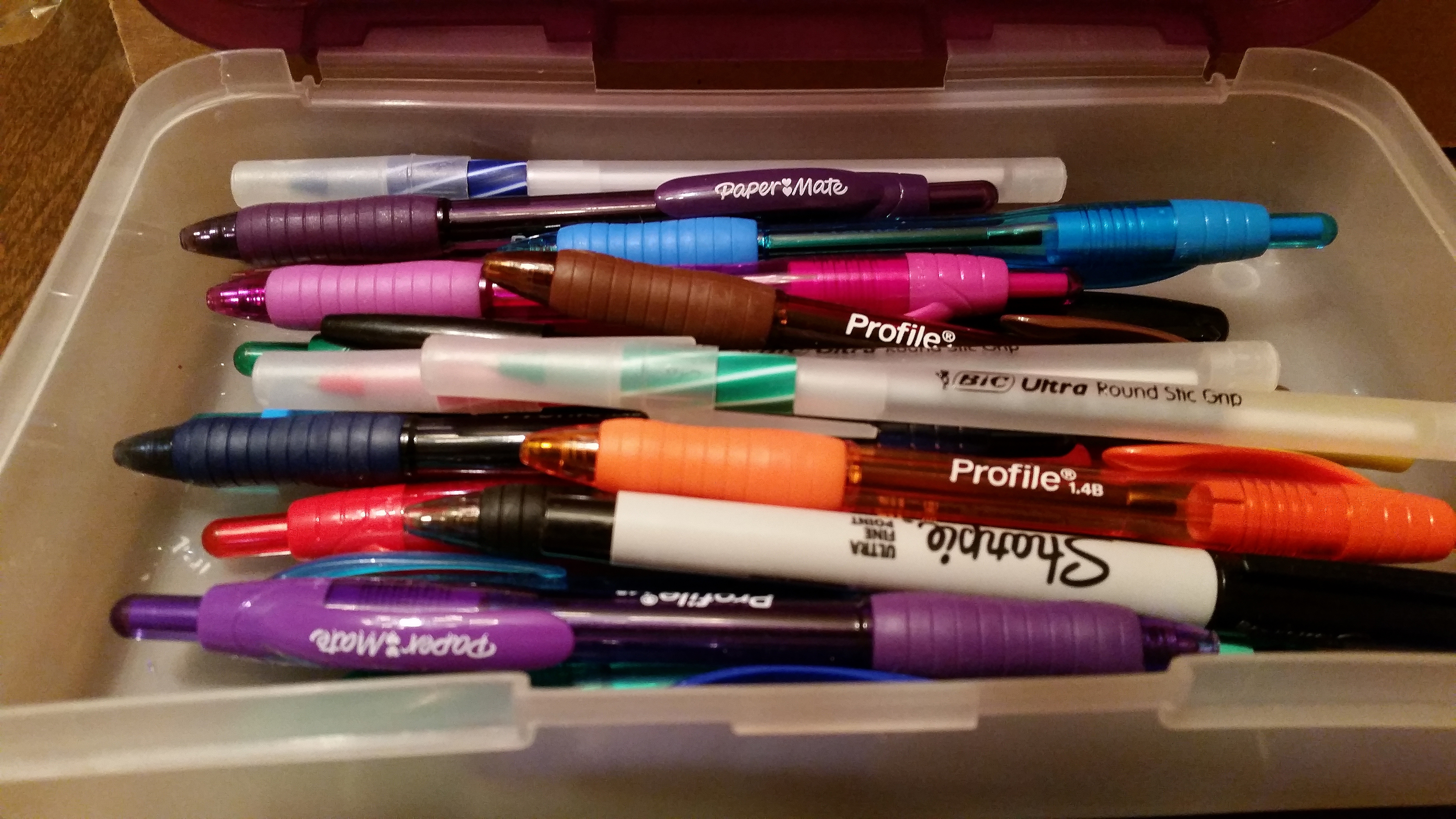
Most fiction starts out hot, then bogs down. How can you keep the fire in your fiction so that…
January 16, 2016
Where to begin? I had a friend ask me this question recently, who is interested in writing a young…
January 15, 2016
[bctt tweet=”5 Reasons Teens SHOULDN’T Pursue a Writing Career #teenwriters #writingtips”] When I was 14, I emailed a best-selling…
January 14, 2016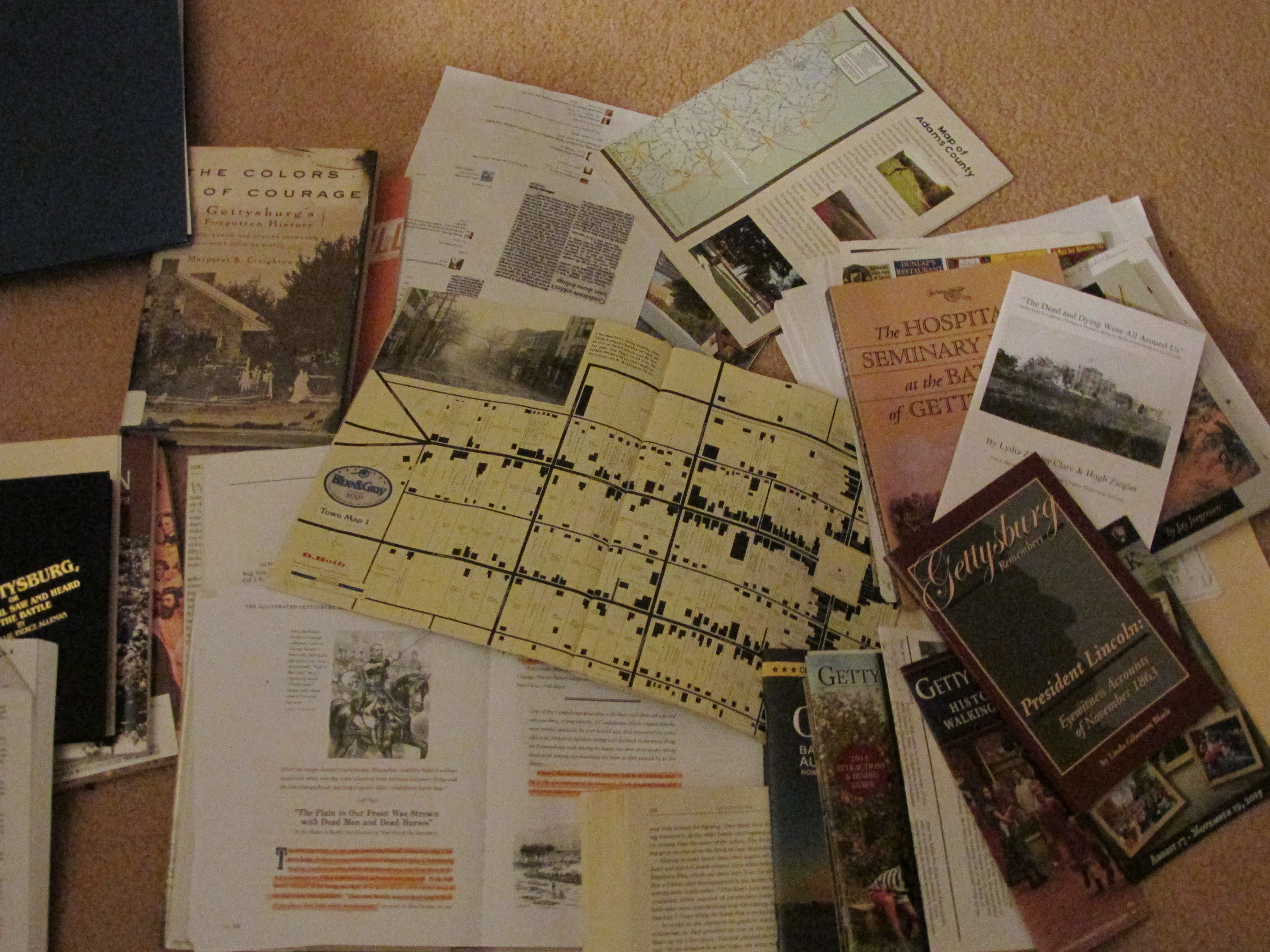
Researching for a story or article can be a chore. It’s certainly a lot of work to dig for…
January 13, 2016
A few days before the deadline for this blog I had some time to begin thinking about the next…
January 12, 2016
I’ve found the writing path to be the journey of a lifetime. At times it’s fraught with discovery and…
January 11, 2016
Welcome to 2016! I hope you’ve already begun your writing journey by creating a scene, outlining the bones of…
January 10, 2016
The English language has many confusing words because of all of those homonyms and synonyms (don’t even get me…
January 9, 2016
[author title=”Ann Tatlock” image=”https://www.almostanauthor.com/wp-content/uploads/2015/12/Ann-Tatlock-1-color.jpeg”] Ann Tatlock is a novelist, children’s book author, and managing editor of Heritage Beacon, the…
January 8, 2016
https://pixabay.com/en/knife-fork-mirroring-black-white-204832/ I folded my slim calves under my bum and gasped as each hurtful word proceeded forth through Aunt…
January 7, 2016
Many people are discouraged from enjoying poetry because they claim it’s too difficult. Trust me. I’ve had those moments…
January 6, 2016
Kindness is such a simple word, yet all too often it seems vacant from our speech. Perhaps it’s the…
January 5, 2016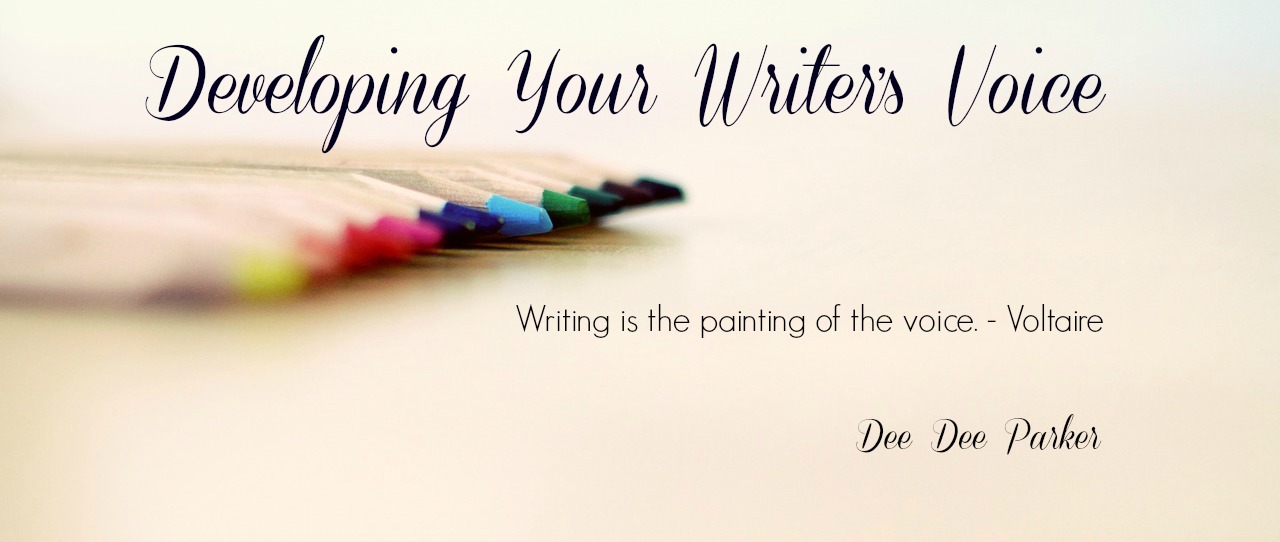
I’ve received several questions concerning how one recognizes their writer’s voice. For those of you who discovered your voice…
January 4, 2016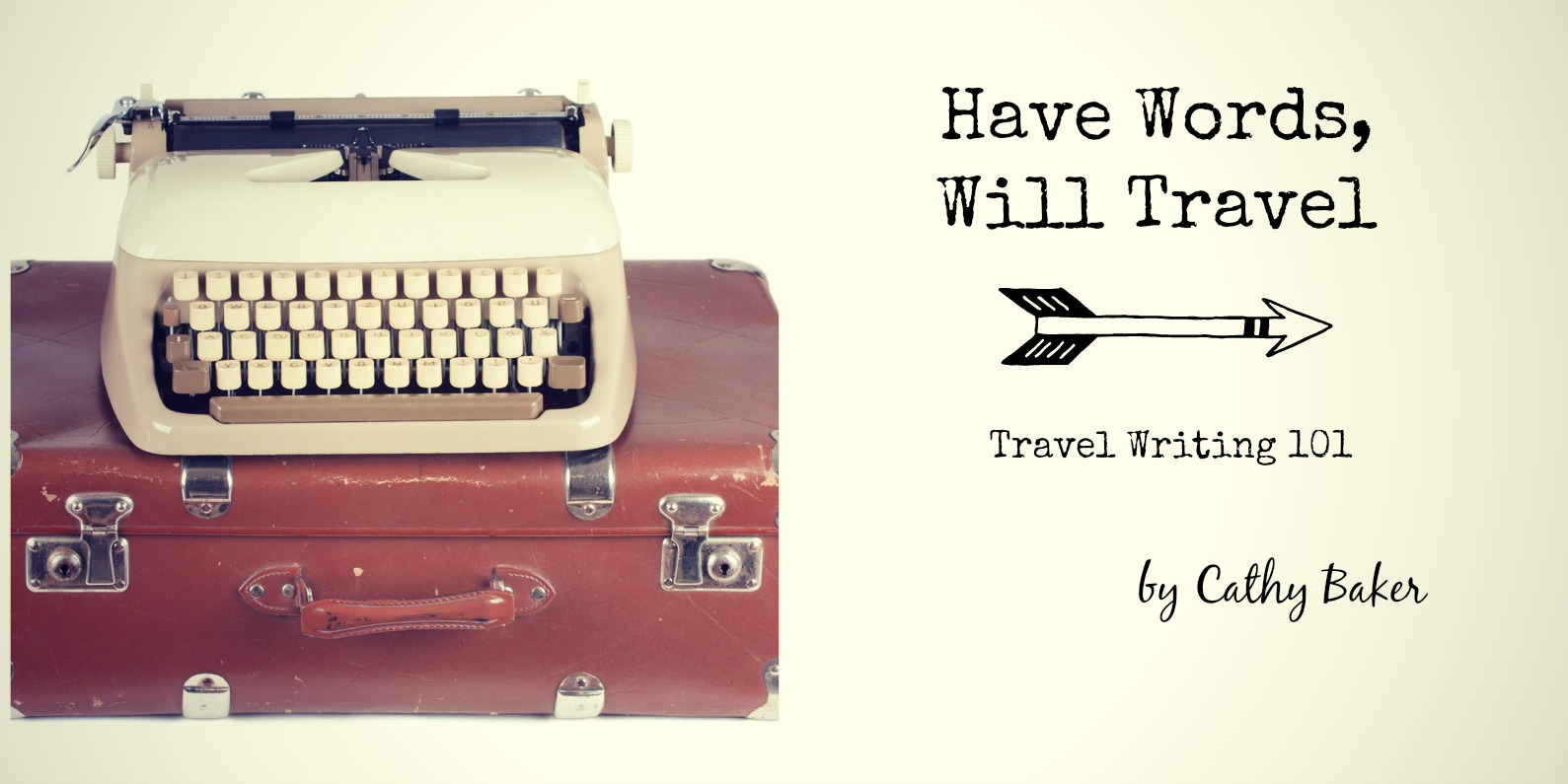
“Setting goals is the first step in turning the invisible to the visible.” -Tony Robbins Whether you’re a natural…
January 1, 2016
If I could tell you one thing, and only one thing, it would be this: enjoy the writing…
December 31, 2015
I am writing this post toward the end of November. Ahh, the month of November, also known as NanoWriMo.…
December 30, 2015
It’s time again for lessons from the editor’s desk. In addition to being a published author with Bethany…
December 30, 2015
[bctt tweet=”How to Set Writing Goals and Finish Your Book #writingtips @tessaemilyhall “] As a teen, you have…
December 29, 2015
When you write, do you have a happy place? Do conditions have to be “just right?” When are you…
December 28, 2015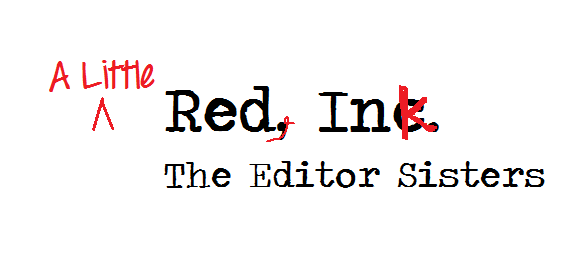
What is a line edit? It’s not a mere cleaning up of the manuscript. A true line edit can…
December 26, 2015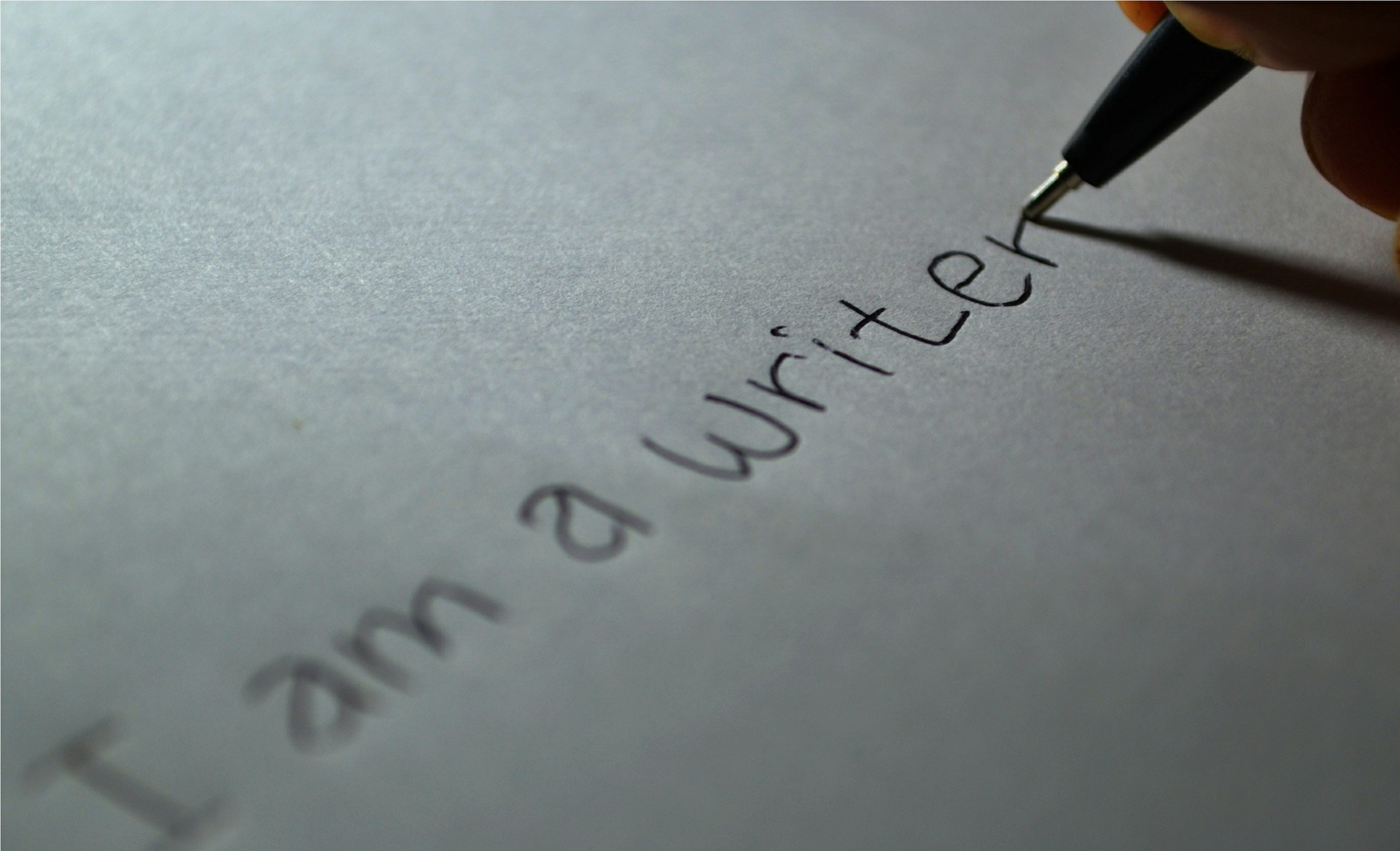
What comes first? Do you begin with a great plot idea, and then create characters to fill out the…
December 24, 2015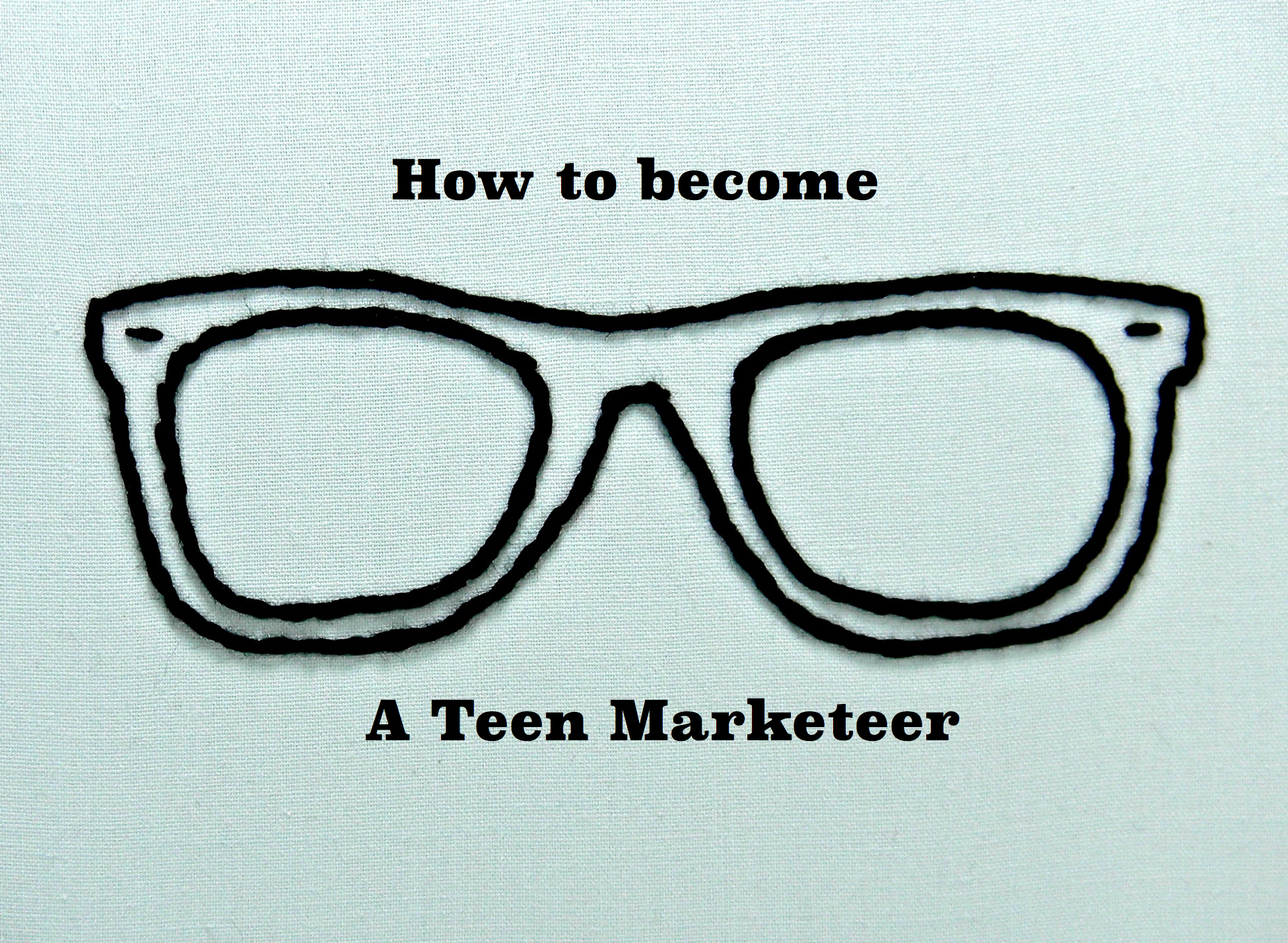
Becoming the Teen Marketeer As teen writers we’re faced with the question, “are we marketable?” And in an adult…
December 23, 2015
So God has called you to write. You have a “writing calling”. He has burdened your heart to share…
December 22, 2015



